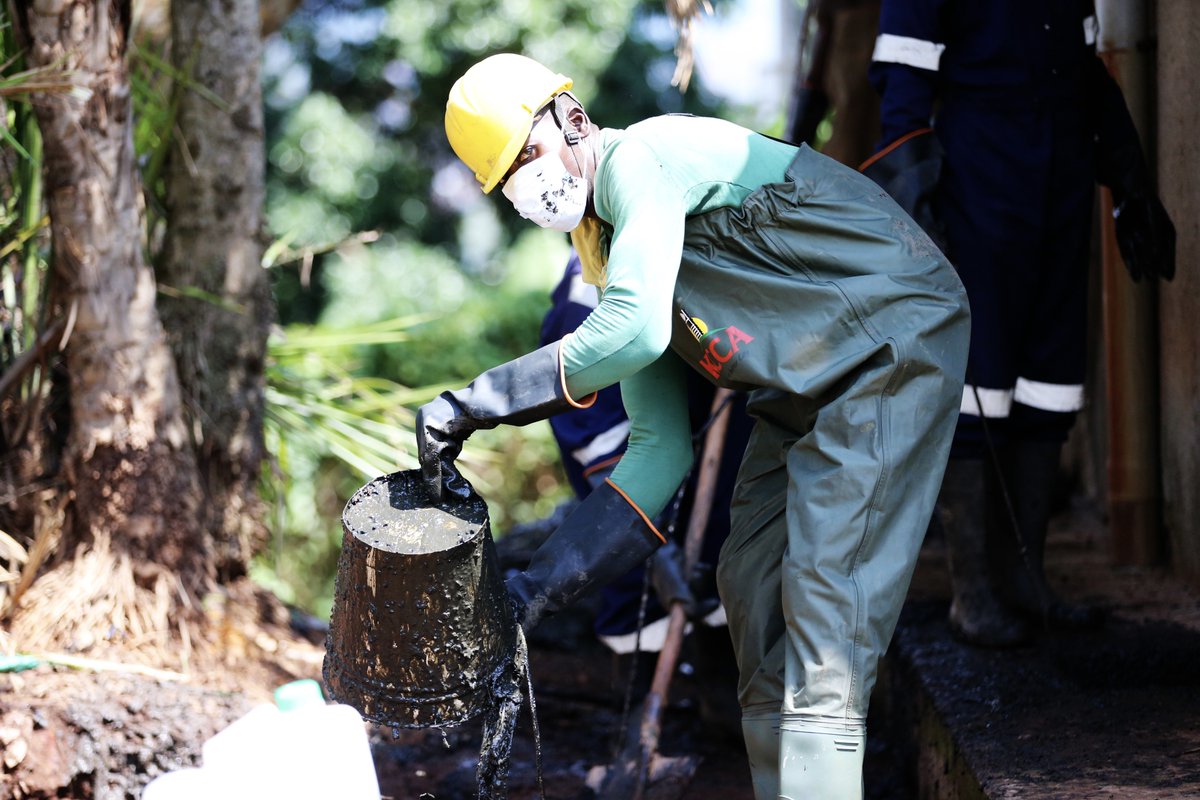Kampala Faecal Sludge Management (KFSM) Project

Kampala Capital City Authority (KCCA) with support from the Bill and Melinda Gates Foundation is currently working on a project seeking to improve Feacal Sludge Management in the vulnerable urban poor areas of Kampala city through an efficient and affordable private sector led service delivery model. The three year project is worth 2M USD and started their implementation in May 2016.
Currently, 900 m3/day of feacal sludge is generated in Kampala but the available desludging equipment is able to transport only 390m3/day. Moreover, there is an additional demand of 150m3/day which emanates from districts neighbouring Kampala (KCCA, 2014). Critically, the only FS treatment plant has a capacity of 400m3/day; hence the treatment capacity is surpassed by 50%. In addition, the long haulage distances (of up to 17km) to the treatment plant increases the cost of managing feacal sludge. Consequently, many parts of the city are un-served and the cost of FS collection and transportation (i.e. USD 9/m3 and USD 60/m3 for a cesspool truck and gulper, respectively) is unaffordable for the urban poor.
Additionally, there is limited information on the spatial distribution and location of sanitation facilities in Kampala which makes enforcement of standards, planning for resource allocation and monitoring of service provision a challenge. Furthermore, there is no systematic structure to disseminate information on FS desludging services to the public. As a result the urban poor (who make up 64% of Kampala’s population) are the most affected by the above problems. Therefore, in the proposed project, KCCA seeks to invest in improving FSM in the vulnerable urban poor areas of Kampala city through an efficient and affordable private sector led service delivery model.
Kampala Capital City Authority (KCCA)’s overall objective of the investment is to improve feacal sludge management (FSM) services for on-site sanitation in Kampala City. Specifically, KCCA intends to:
- Develop and maintain a sanitation GIS Based database for Kampala for planning resource allocation and monitoring of service provision
- Implement binding Service Level Agreements (SLAs) for Faecal Sludge Collection and Transportation (FS C&T) to ensure regulated, efficient and affordable services
- Conduct social and sanitation marketing measures throughout the city to improve peoples’ willingness to adopt and pay for improved sanitation solutions
- Build Capacity of service providers and KCCA for effective service provision and regulation respectively
- Upgrade the existing client care services to include a call centre to bridge the gap between users and service providers and improve efficiency (e.g. reduction in the response time for receiving services).











Development partners